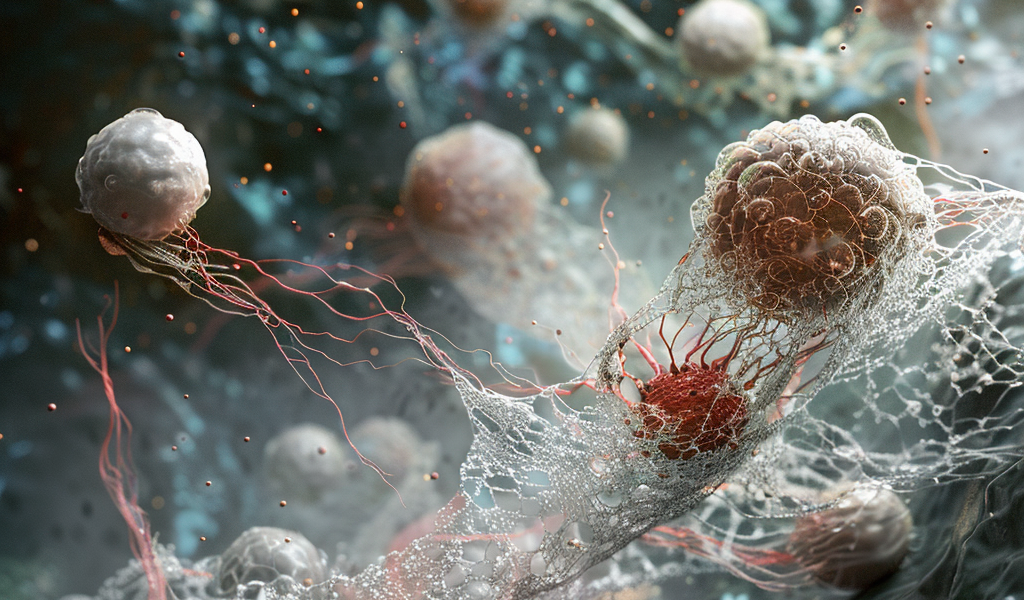Chronic stress has long been known to have detrimental effects on health, and now, a recent study from the Cold Spring Harbor Laboratory Cancer Center has revealed a potential link between stress and cancer metastasis. The findings of this study could pave the way for new treatment strategies to combat stress-induced metastasis in cancer patients.
Stress is an inevitable part of life, but excessive and chronic stress can significantly impact health, increasing the risk of conditions such as heart disease, strokes, and potentially aiding in the spread of cancer. Understanding the mechanisms behind how stress influences cancer progression has been a challenge for the field of cancer care. Xue-Yan He, a former postdoc at Cold Spring Harbor Laboratory, emphasized the importance of comprehending the impact of stress on cancer patients, stating, ‘Stress is something we cannot really avoid in cancer patients. You can imagine if you are diagnosed, you cannot stop thinking about the disease or insurance or family. So it is very important to understand how stress works on us.’
In a collaborative effort, scientists including Adjunct Professor Mikala Egeblad (now a Bloomberg Distinguished Professor with Johns Hopkins University), postdoc Xue-Yan He (now Assistant Professor of Cell Biology & Physiology at Washington University School of Medicine in St. Louis), and CSHL Professor Linda Van Aelst, conducted experiments to investigate the relationship between stress and cancer metastasis. The study revealed that stress induces the formation of sticky web-like structures by certain white blood cells called neutrophils, rendering body tissues more susceptible to cancer metastasis.
By simulating chronic stress in mice with cancer, the researchers observed a significant increase in metastatic lesions following exposure to stress. This alarming observation indicated up to a fourfold increase in metastasis in the stressed mice. The team identified that stress hormones, specifically glucocorticoids, acted on the neutrophils, leading to the formation of spider-web-like structures known as NETs (neutrophil extracellular traps). While NETs are typically involved in defending against invading microorganisms, in the context of cancer, they create a conducive environment for metastasis.
The implications of these findings are profound, potentially offering new avenues for treatment strategies to curb the spread of cancer in stress-induced conditions. The discovery of the link between chronic stress and cancer metastasis sheds light on the intricate interplay between psychological stress and physiological responses, opening new possibilities for interventions that may mitigate the impact of stress on cancer progression.
As research in this area progresses, the hope is that these findings will ultimately contribute to the development of targeted therapies that can disrupt the connection between stress and cancer metastasis, offering new hope for cancer patients facing the challenges of stress-induced progression.





